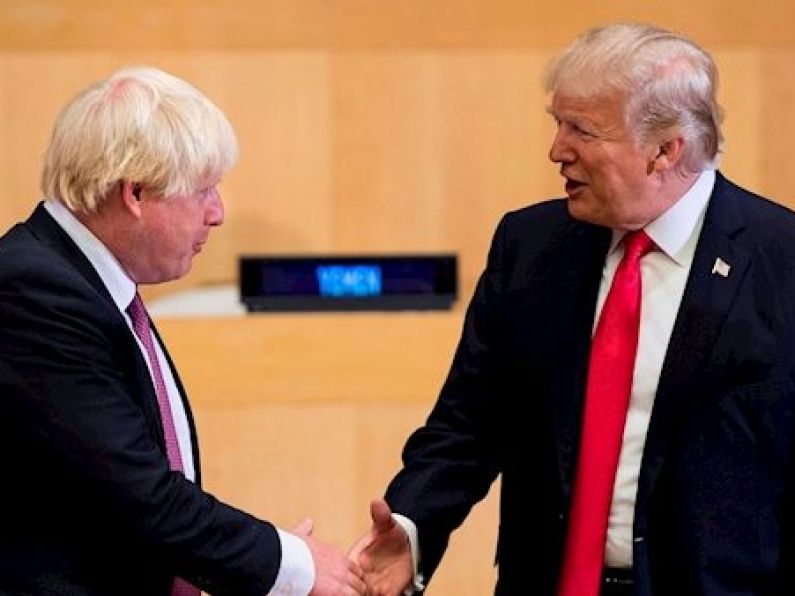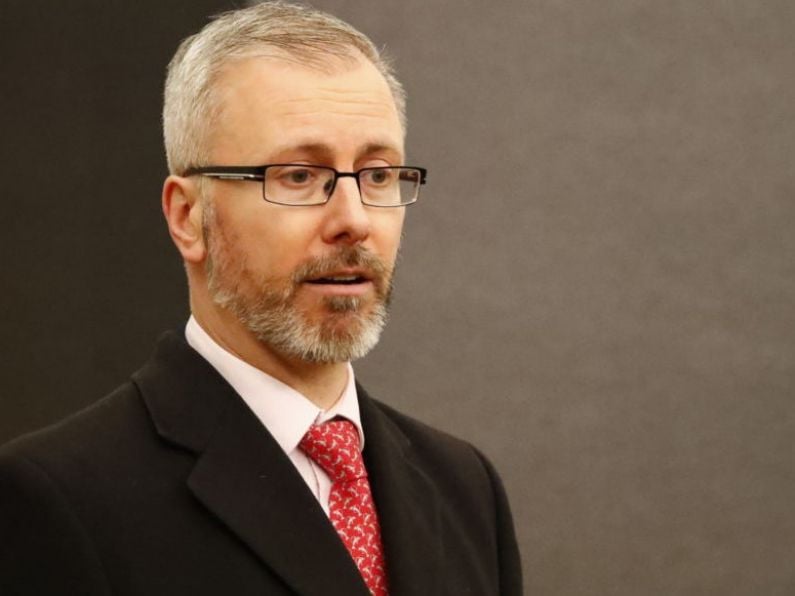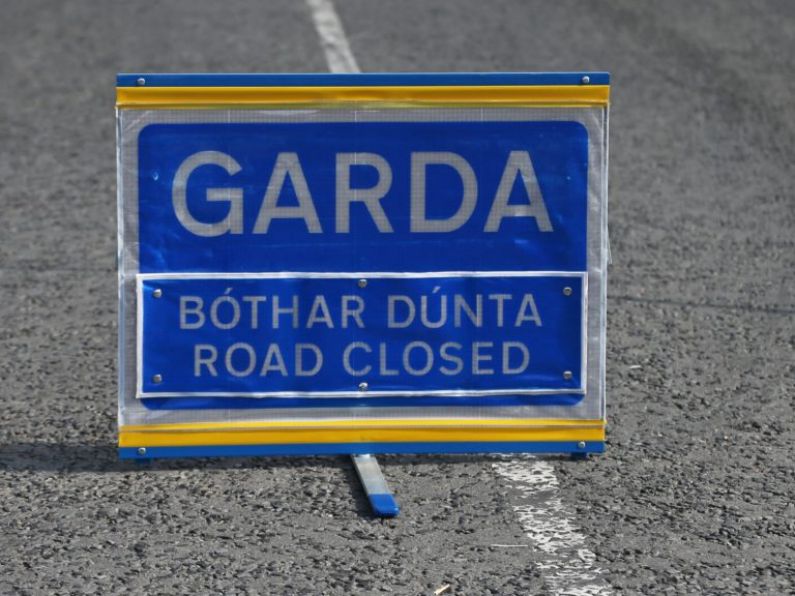IN ANOTHER extraordinary week, Donald Trump and Boris Johnson continued to hog the headlines, much as they have done in recent times.
The US president is now facing a formal impeachment inquiry, which was announced by the Speaker of the House of Representatives Nancy Pelosi.
But this is all water off a duck’s back as far as Mr Trump is concerned.
To say that this man loves himself would be a major understatement.
When things go right for the US, he takes all the glory, but when things go wrong, it is everybody’s fault but his.
The impeachment issue is a high risk for Mr Trump, but more so for the Democrats.
If impeachment fails they will look totally inept and petty, and playing right into the hands of the Republicans for next year’s presidential election.
Even on the climate issue, Mr Trump in his own inimitable way appeared to be dismissive of Swedish student Greta Thunberg after her passionate address to the UN’s Climate Action Summit in New York.
But the world’s major politicians, including the president, would be vey foolish to ignore the issue.
As I’ve written in this newspaper before, food and water are increasingly seen as national security issues, especially for countries with large populations.
According to the UN, the world’s poorest nations are growing the fastest and are expected to push the world’s population to 11 billion.
This is also happening at a time when more extreme weather is becoming a norm, in particular, drought and flooding, which has led to a loss of agricultural land, sea-level rise and the spread of disease.
Climate change is likely to drive hard-pressed young populations in places like west Africa and the Middle East to head toward safe havens, such as Europe.
It will also affect southern Asia, South America and the Caribbean.
The environmental factor will increasingly affect economies at the ground level but also financial markets too.
But for now, Mr Trump is happy to do his own thing and dismiss anyone he doesn’t agree with.
Of course, he is being currently helped on the US economic front by a weak Federal Reserve, which appears willing to bow to the pressure of the American president and cut interest rates even though there is a strong argument for not doing so.
But lower interest rates should help to maintain the positive growth in the world’s largest economy for a while longer, and boost his chances of a second term in the White House.
Meanwhile, across the water, the UK Supreme Court ruled that prime minister Boris Johnson’s decision to suspend parliament for five weeks was unlawful.
But here again, the UK leader seems unfazed and continues to maintain a stance that he will take Britain out of the EU on October 31, come what may.
As with US president Trump, it is all about self-interest for Mr Johnson, which will most likely be further underlined when he attends the crucial EU Leaders’ Summit in Brussels from October 17.
From Ireland’s perspective, there is uncertainty as to how the Brexit saga will play out.
However, with the leaders of the country’s traditional main allies, certainly from an economic perspective, adopting a stance of “me, myself and I” as being the three most important people in the world, then it clearly is a worrying time for a small open economy.
A move away from globalisation and back towards global nationalism is the last thing Ireland needs or wants right now.
Against this uncertain global backdrop, particularly Brexit, the Economic and Social Research Institute (ESRI) said in the past week that the Government should consider a supplementary budget eraly next year to respond to Britain’s departure from the EU.
In its latest quarterly bulletin, the think tank warned that a no-deal Brexit may be worse than even it thought, potentially pushing the Irish economy into recession.
The ESRI is advising that the Government treats October’s Budget as a draft and revisit it depending on what transpires over the next few months.
That seems like a good idea to me.
Finance Minister Paschal Donohoe has said certain sectors exposed to Brexit will receive supports.
Whether that happens on October 8 in his budget remains to be seen.
As things currently stand, the minister has some room to play with.
The Irish economy posted real GDP growth of just over 6.5% in the first half of the year and the most recent exchequer returns showed that tax receipts up to the end of August were running €233m ahead of official Department of Finance estimates.
The minister will have more up-to-date tax figures before he stands up in the Dáil on budget day.
I would still expect tax revenue to be running ahead of target. In many ways the forthcoming budget may very well be a non-event as the minister is likely to keep a tight lid on the public coffers until things become clearer on the Brexit front, which is why the ESRI’s call for a supplementary budget early in 2020 makes sense.
Nonetheless, the minister will be under pressure to deliver on the long-promised increase in carbon taxes, as well as announcing measures to protect the most vulnerable in society from carbon tax hikes, people on social welfare.
But all things considered, it is going to be a difficult balancing act for Mr Donohoe to achieve.
Halloween traditionally makes October the scary month of the year, and this time around it could turn out to be that in more ways than one.






